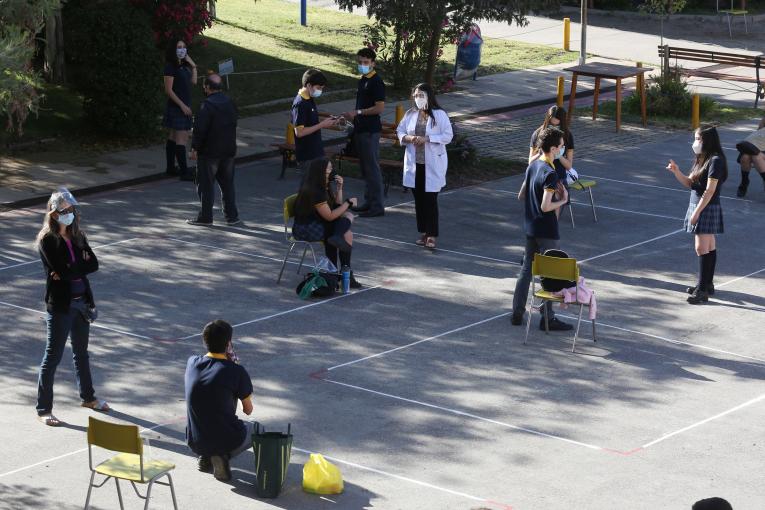The education of young people and adults is not remedial, but an education that guarantees rights.
The preparatory consultative event for Latin America held on the afternoon of 28 July its first meeting promoted by the Platform for Youth and Adult Education (Y&AE) for CONFINTEA called Y&AE, opportunities for the most invisible diversities. The contributions of the different sectors of civil society that are part of Y&AE were presented, and work was done on the following axes: education for persons deprived of liberty, persons with disabilities, LGBTIQ+ population, persons in situations of human mobility, rural and indigenous education, and older adults. There, the progress, obstacles and challenges for Y&AE in the framework of a lifelong learning approach were discussed.
The meeting was developed through round tables, marked by the intervention of invited guests who, from their experiences, motivated the dialogues in search of evidencing the learning and challenges from the management of Y&AE experiences in an attempt to reach a consensus on recommendations to be proposed to the States in the commitment to this human right.
For Francisca Morales of the Association for a Better Social Integration of Adults with Disabilities (AMISADAC) Special Homes, the importance of education for young people with disabilities, especially autism, has increased 200% in the last two years, which requires specialised educators to address multiple disabilities so that both young people and adults with disabilities can access quality formal education.
Part of this criterion of specialised educators was also shared by Cristiane Fialho – CIEJA Perus I São Paulo, Brazil when mentioning the meeting of cultures where a dialectic process of teaching and learning takes place, where the mixture of teachers, students with the understanding of the diverse cultural dimension, enabling the expansion of perspectives.
For Cristiane, there are several dimensions, one of which can occur organically, through the interaction of students and learners from multiple cultures within the school environment. All of this can serve to understand the differences and convergences that exist with Brazil in relation to Haiti, which is the main community served by CIEJA Perus in relation to human mobility.
Meanwhile, from Colombia, Patricia Jojoa, a young leader, student EPJA of the Quillasingas Refugio del Sol reservation and participant in the ASOYARCOCHA Minga, emphasised the need to recognise their own traditional knowledge and bring it into the same balance. “We must not fall into the error of giving greater or sole importance to the knowledge of science, academia or models. From the communities and collectives, life revolves around many forms of knowledge that allow us to develop in life, respecting wisdom and recognising the wise and knowledgeable”, said Patricia.
On the occasion, Miguel Angel Muñoz, Professional Technician of the Coordination of Continuing Education for Youth and Adults of the Ministry of Education of Argentina, Emilia Alvear – National Director of Education for People with Unfinished Schooling of Ecuador, for Venezuela, Nancy Ortuño Rojas, Deputy Minister of Secondary Education and Belkis Sanchez, General Director of Youth, Adult and Adult Education, directors, coordinators, referents and civil society organizations were present.
It is important to mention that each of the educational modalities, despite their particularities and differences, find points in common that lead us to reflect on the value of education as a path of transformation for societies. It is essential to specialise in education for people in prison, for people with disabilities and, above all, to clearly identify existing barriers in order to guarantee permanent access to regular education for the exercise and enjoyment of the human right to education.
For Miguel Muños, from the Ministry of Education of Argentina, it must be understood that the education of young people and adults is not remedial, but an education that guarantees rights. It has its own imprint that continues to be built day by day.
Likewise, the importance of updating the concept of literacy to include the digital sphere and the democratisation of the internet was also raised; and within this, the construction of content based on the multiple territorial contexts.












